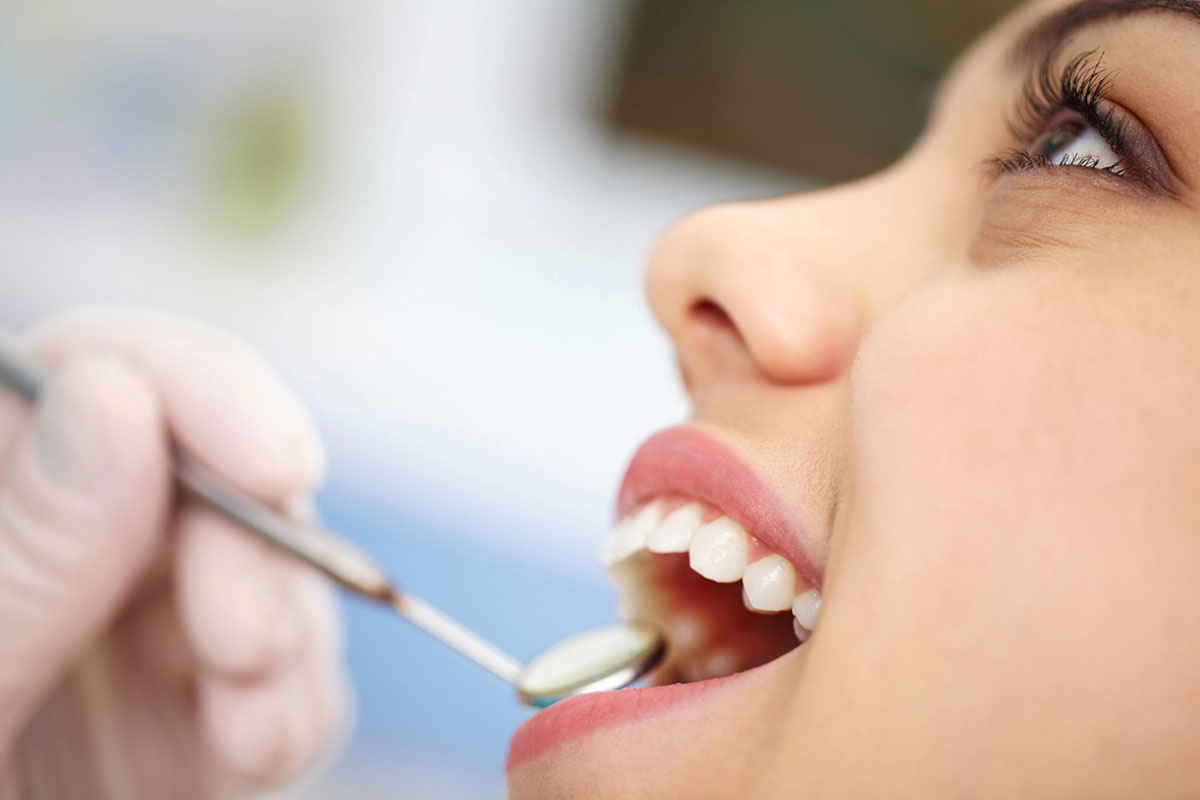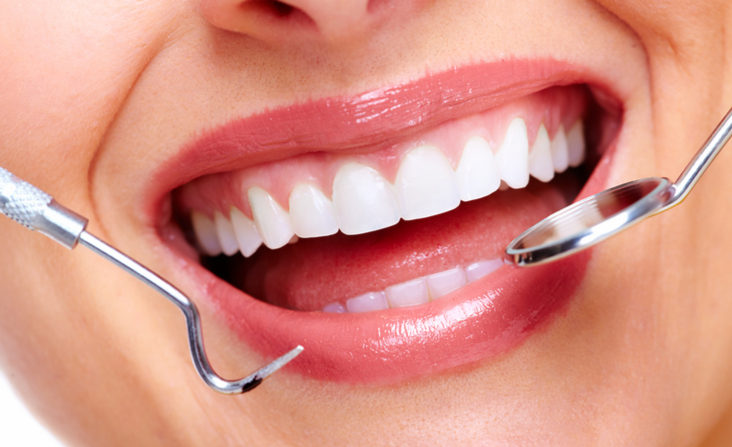Sometimes, cavities are left untreated and it is in these cases where most patients experience persistent pain and sensitivity. This is due to the infection and inflammation of tissues in the tooth’s pulp, which causes severe pain if not treated promptly. When this happens, a root canal procedure must be performed to alleviate the pain. This procedure consists of removing the infected tissues in the pulp, and cleaning and sealing the canals in the roots in order to save the tooth and prevent future infections.
The tooth is finally restored with a crown.
Crowns are used to restore a tooth that has been treated with root canal therapy or for one that has previously been restored with a large filling. Crowns offer a long term solution for restoring function and aesthetics. There are different types of crowns. For those teeth for which aesthetics is a major concern, we offer Procera or Zirconia crowns (Full porcelain crowns, no metal). This type of all ceramic crown is very tissue friendly and the closest to the look of a natural tooth. We recommend Procera or Zirconia for anterior crowns especially. Another type of crown is a porcelain fused to metal crown. This is also an esthetically acceptable crown, especially for the back teeth. We also offer crowns and fixed bridges for missing teeth that have been restored with implants. A fixed bridge (which is a set of crowns connected to fill the space left by a missing tooth) can be used to restore function and aesthetics. This is a permanent procedure and can last many years with the right care.
Another restorative procedure that we offer our patients are dentures. These are removable prosthesis that allow the patient to replace missing teeth in a very simple way. Dentures can be partial or full. Today many alternatives are at hand when it comes to dentures. We offer flexible or valplast dentures, metal with acrylic or a hybrid of both.
In patients with dental implants, a special type of complete denture is held down firmly with a lock and key hold on the implants to ensure no mobility on eating or speaking. These dentures are called overdentures.





